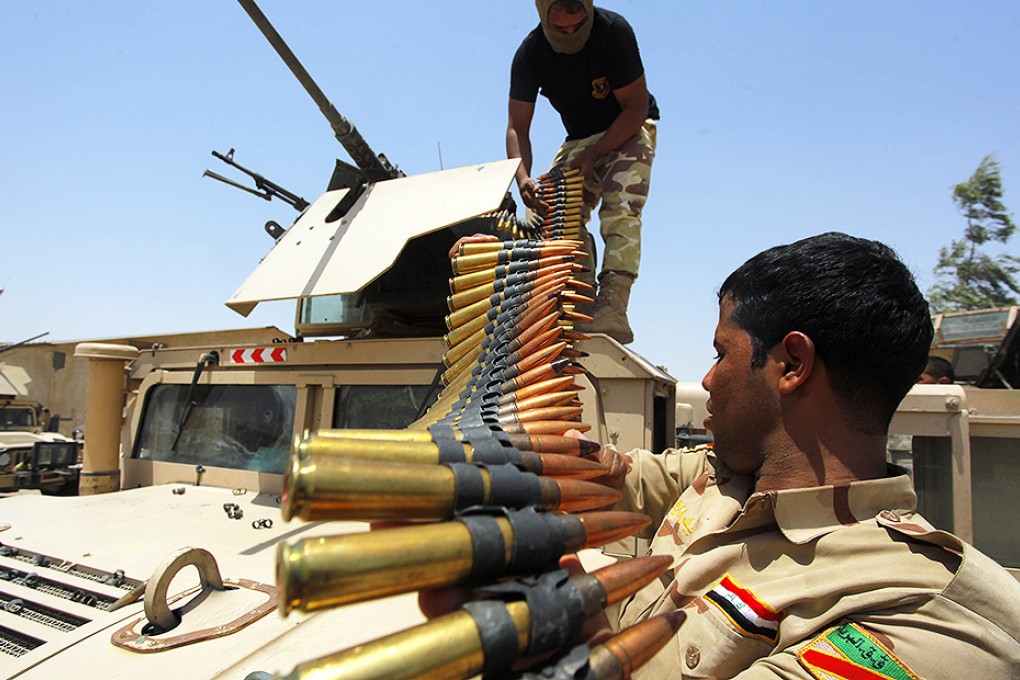Update | ISIL jihadis declare global caliphate, rename themselves Islamic State
Militants who have captured parts of Iraq and Syria rename themselves Islamic State, and say Muslims worldwide answer to their leader

Jihadis spearheading a Sunni militant offensive in Iraq have declared an "Islamic caliphate" and ordered Muslims worldwide to pledge allegiance to their chief, in a spectacular bid to extend their authority.
The Islamic State of Iraq and the Levant renamed itself simply the Islamic State (IS) and declared its shadowy front man the leader of the world's Muslims, in a clear challenge to al-Qaeda for control of the global jihadist movement.
Iraqi forces meanwhile pressed a counteroffensive yesterday against executed dictator Saddam Hussein's hometown of Tikrit, one of a string of towns and cities overrun by IS-led fighters in a swift advance that left more than 1,000 people dead, displaced hundreds of thousands and piled pressure on Prime Minister Nouri al-Maliki.
Maliki's bid for a third term in office has been battered by the offensive and he is no longer seen as the clear front runner when parliament reopens today following elections in April.
